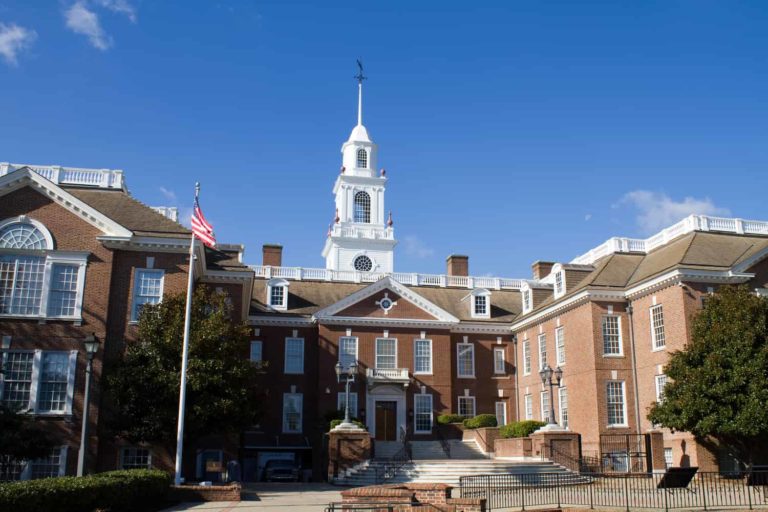
Last year, Delaware Representative Ed Osienski, D, brought forth HB 150, a bill to legalize recreational cannabis for adults 21 and over. However, the bill failed to receive a full chamber vote before the regular session ended. An amendment added by Representative Osienski raised concern among the Black Caucus over social equity issues.
Now in the 2022 regular session, Representative Osienski again introduced a recreational cannabis legalization bill, called HB 305. This is an revision of HB 150 with more social equity measures put in place. Osienski spoke with members of the Black Caucus. It seems many of these social equity concerns addressed last year are now a part of HB 305. Representatives Rae Moore, D, and Nnamdi Chukwuocha, D, are now cosponsors of the bill. This shows the support of the Black Caucus for this legalization bill.
“We heard the input from members and advocates and spent the legislative break working on compromises wherever possible, striving to build the best possible law,” Representative Osienski said in a press release. “It’s critical to note that support for adult recreational marijuana has been growing for years in Delaware and across the country. Other states have successfully enacted policies for safe and legal cannabis, and I believe we are more than capable of doing the same in the First State.”
HB 305 Details
Under this new cannabis legalization bill in Delaware, adults 21 and over can purchase and possess up to one ounce of cannabis. However, home growth is not an option. A marijuana commissioner under the Delaware Division of Alcohol and Tobacco Enforcement would be responsible for market regulation and issuing licenses.
Regarding social equity, should HB 350 pass, 19 months following its enactment, regulators would approve 30 retail licenses. Half of those licenses would be for people identified as social equity applicants disproportionately impacted by criminalization.
Additionally, each recreational cannabis sale would have a 15 percent excise tax placed on it. Seven percent of that revenue would go towards a new Justice Reinvestment Fund. This fund would help support grants, services, and initiatives to help those disproportionately affected by prohibition. This can include jail diversion, workforce development, expungements, and technical assistance.
Support for HB 305
Activists and supporters are excited to see Delaware move forward with recreational cannabis legalization again this year. “We’re excited about the prospects for legalization in Delaware this year,” said Olivia Naugle, a legislative analyst with Marijuana Policy Project (MPP). “Delawareans have long supported ending prohibition, but it is up to the legislature to bring equitable legalization to Delaware. HB 305 is the vehicle to get it done this year.”
Furthermore, other lawmakers are proud of Representative Osienski for keeping up with the bill and working with other lawmakers to make HB 305 the best it can be for the state. “At least three other states have legalized recreational marijuana use by adults since House Bill 150 was first introduced and more than 145 million Americans now live in one of the 18 states that have successfully replaced an illegal market with a well-regulated and responsible industry that is creating thousands of good-paying jobs for their citizens,” Senator Trey Paradee, D, said.
“The benefits of a thriving cannabis industry are clear, and I give Representative Osienski a ton of credit for his willingness to work for legislators and stakeholders to make a great bill even better,” the senator added. “This legislation is sound economic policy, represents strong social justice reform and will create jobs throughout our state. It’s time for Delaware to catch up with the rest of the country and pass HB 305.”
Next Steps
HB 305 now moves to the House Health & Human Development Committee for debate. If it passes there, then it moves to the full House chamber for a vote. For HB 305 to move to the Senate, a 60 percent supermajority vote for the bill must happen. Should HB 305 then pass the Senate, it moves to Governor John Carney, D, who has vocally opposed recreational cannabis. If Governor Carney vetoes HB 305, a ⅗ majority vote from both chambers is needed to overturn a veto.
Activists remain positive that Governor Carney won’t veto a legalization bill. In the past few years, he has approved cannabis reform bills. As more information becomes available, we will update you with the latest.
Make sure to check back for more cannabis, hemp, and psychedelic related news.